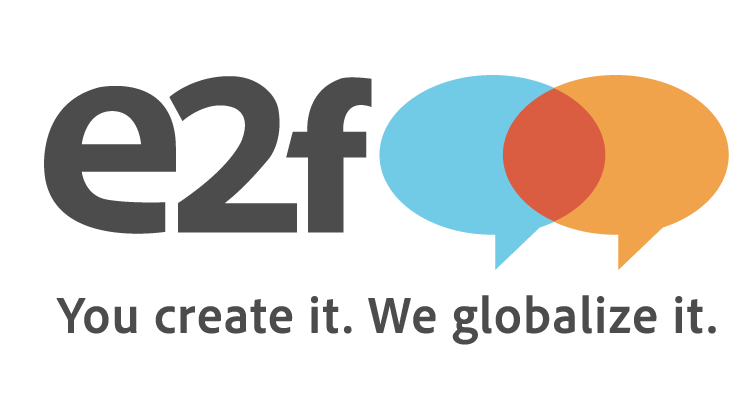Building Blocks for Lifelong Success: The Importance of Early Language Development
Learning how to understand and use language effectively during the early years of life not only shapes our lifelong ability to listen, speak, read, and write - it even impacts our cognitive abilities, brain development, and future academic success. In this post, we will explore the remarkable effects of developing speech and language skills at a young age.
The Critical Period
From the moment of conception, a child's brain begins to lay the foundation for language acquisition. Even in the womb, the baby starts recognizing his or her mother's voice and the sounds of their native language, initiating the process of language learning from the beginning.
During the first three years of a child’s life, the brain undergoes rapid growth and development, progressing from ahs and coos to simple, but coherent, conversations. The babbling begins in earnest at around six months, followed at twelve months by the child understanding conversations better and being able to produce simple words and commands. By the age of three, most children have acquired an extensive vocabulary, can form simple sentences, and can converse on a basic level. This is the critical period for developing language skills.
Neural Impact
Language exposure during this period influences the formation of neural connections in the brain. Children who are immersed in a linguistically rich environment establish a greater number of these connections, which leads to the development of more robust language skills, and fosters increased attention, memory, and problem-solving abilities.
Bilingual Benefits
Bilingual children, in particular, demonstrate superior executive function skills, which are essential for tasks such as planning, organizing, and problem-solving. Research shows that bilingual individuals have enhanced cognitive flexibility, resulting in improved attentional control and cognitive abilities, allowing them to switch between languages effortlessly and adapt to different linguistic and cognitive demands. Additionally, being bilingual is associated with a better understanding of language structures, further strengthening overall language skills.
Impact on Education
The benefits of early language experiences extend into the realm of academic success. Children who possess strong language skills upon entering school have been shown to be more likely to excel academically. Conversely, those who start school with weak language skills face challenges in keeping pace with their peers. For children experiencing delayed language development or language disorders, early intervention proves invaluable. Prompt and targeted support can strengthen their language skills and enhance cognitive abilities, providing them with a solid foundation for future learning.
In conclusion, the significance of developing speech and language skills at a young age cannot be overstated. The early years serve as a critical period for brain development, shaping cognitive abilities, and setting the stage for academic achievement. By providing children with a language-rich environment and accessing early intervention when needed, we can lay the groundwork for their lifelong success.
Written with the help of ChatGPT.

